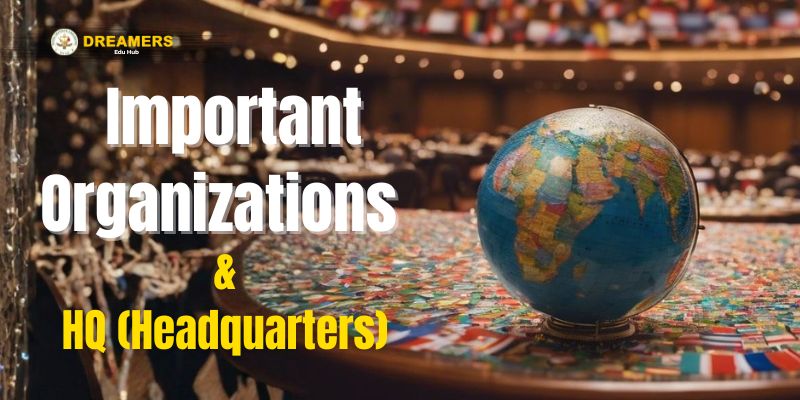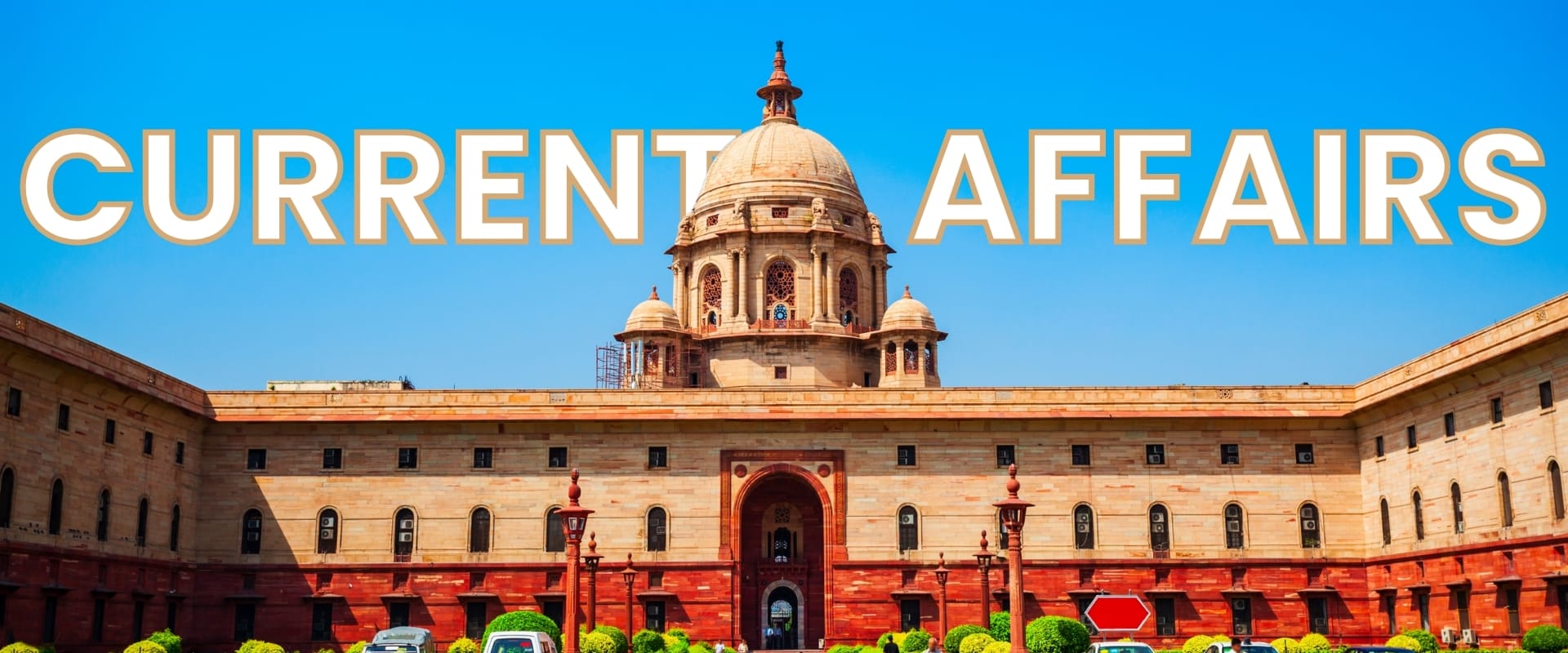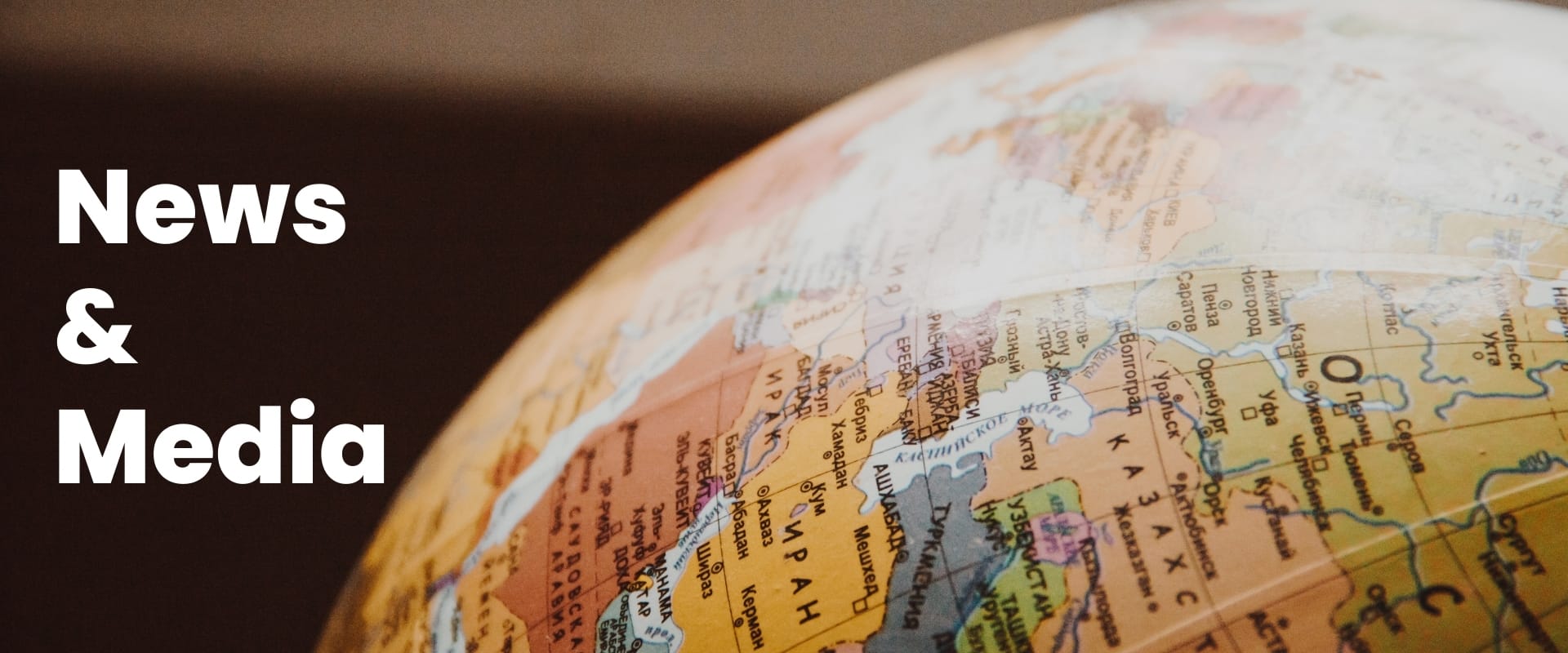In a globalised world, many issues cannot be handled by one country alone. Peace, trade, health, environment, aviation, labour rights and development often need joint decisions. This is where important organizations and their HQ become central. These bodies bring countries together, frame rules, share funds and coordinate action during crises such as wars, pandemics, financial shocks or climate disasters. A strong global awareness always starts with a clear picture of who takes decisions and from where.
Role of Headquarters in Global Decision-Making
The headquarters of an organization is usually its main nerve centre. From this city, leaders manage budgets, meetings, long-term plans and emergency responses. When a conflict breaks out or a health emergency appears, it is usually the HQ that coordinates global response through its regional offices.
Because of this, lists of important organizations and their HQ appear again and again in competitive exams. Capitals like New York, Geneva, Brussels, Washington D.C. and New Delhi host several key bodies and have become symbols of international cooperation and diplomacy.
United Nations and Its Specialized Agencies
United Nations (UN) – Structure and Headquarters
The United Nations is the most famous global body. It was founded in 1945 after the Second World War to maintain international peace and security, promote human rights and support development. The main headquarters of the UN is in New York, United States.
Key organs of the UN include the General Assembly, Security Council, Economic and Social Council, International Court of Justice and the UN Secretariat. Understanding these bodies is a crucial part of studying important organizations and their HQ.
Important UN Bodies and Their HQ
Some major UN organs and related bodies and their headquarters are:
| Organization / Body | HQ City | Country |
|---|---|---|
| United Nations (UN) | New York | United States |
| UN General Assembly (Secretariat) | New York | United States |
| UN Security Council (Chambers) | New York | United States |
| International Court of Justice | The Hague | Netherlands |
| UN Secretariat | New York | United States |
Specialized Agencies of the UN and Their Headquarters
The UN family includes many specialised agencies which work in defined sectors such as health, education, labour, food and development.
| Specialized Agency | HQ City | Country |
|---|---|---|
| World Health Organization (WHO) | Geneva | Switzerland |
| United Nations Educational, Scientific and Cultural Organization (UNESCO) | Paris | France |
| International Labour Organization (ILO) | Geneva | Switzerland |
| Food and Agriculture Organization (FAO) | Rome | Italy |
| United Nations Children’s Fund (UNICEF) | New York | United States |
| United Nations Development Programme (UNDP) | New York | United States |
These agencies make the topic of important organizations and their HQ very rich, especially for students preparing for general knowledge sections.
Global Economic, Financial and Trade Organizations
World Bank, IMF, WTO and Their Headquarters
The global financial system is shaped by institutions that provide loans, advice and rules for trade. Three names appear repeatedly in lists of important organizations and their HQ:
| Organization | HQ City | Country |
|---|---|---|
| World Bank Group | Washington D.C. | United States |
| International Monetary Fund (IMF) | Washington D.C. | United States |
| World Trade Organization (WTO) | Geneva | Switzerland |
The World Bank and IMF support countries facing development gaps or financial crises. The WTO looks after global trade rules and settlement of trade disputes.
Regional Development Banks (ADB, AIIB, AfDB, etc.)
Regional development banks channel funds for infrastructure, energy, health and education in specific regions. They are also a common part of important organizations and their HQ lists.
| Regional Development Bank | HQ City | Country |
|---|---|---|
| Asian Development Bank (ADB) | Manila | Philippines |
| Asian Infrastructure Investment Bank (AIIB) | Beijing | China |
| African Development Bank (AfDB) | Abidjan | Côte d’Ivoire |
| European Investment Bank (EIB) | Luxembourg | Luxembourg |
| Inter-American Development Bank (IDB) | Washington D.C. | United States |
Trade, Commerce and Economic Groupings (OECD, OPEC, G20 etc.)
Beyond formal banks, several groupings coordinate trade, energy and economic policy:
| Organization / Grouping | HQ City | Country |
|---|---|---|
| Organisation for Economic Co-operation and Development (OECD) | Paris | France |
| Organization of the Petroleum Exporting Countries (OPEC) | Vienna | Austria |
| World Customs Organization (WCO) | Brussels | Belgium |
The G20 does not have a permanent HQ or secretariat; its presidency and summit venue rotate among member countries. This is a typical exam trick in the topic of important organizations and their HQ.
Defence, Security, Health and Social Organizations
Defence and Security Organizations (NATO, SCO, Interpol, etc.)
Security organizations help countries cooperate on defence, intelligence and law enforcement.
| Organization | HQ City | Country |
|---|---|---|
| North Atlantic Treaty Organization (NATO) | Brussels | Belgium |
| Shanghai Cooperation Organisation (SCO) | Beijing | China |
| International Criminal Police Organization (Interpol) | Lyon | France |
These names appear often wherever important organizations and their HQ are discussed in the context of global security.
Health, Education and Labour Organizations (WHO, UNESCO, ILO, etc.)
Public health, education and labour standards are guided by some bodies already mentioned as UN agencies, but they are important enough to be recalled again:
| Organization | HQ City | Country |
|---|---|---|
| World Health Organization (WHO) | Geneva | Switzerland |
| UNESCO | Paris | France |
| International Labour Organization (ILO) | Geneva | Switzerland |
These organizations influence global policy on vaccines, schools, cultural heritage and workers’ rights.
Environmental and Climate Organizations (UNEP, IPCC, etc.)
Environmental issues are becoming central to world politics, so environment bodies are a key part of important organizations and their HQ.
| Organization | HQ City | Country |
|---|---|---|
| United Nations Environment Programme (UNEP) | Nairobi | Kenya |
| Intergovernmental Panel on Climate Change (IPCC) | Geneva | Switzerland |
| International Union for Conservation of Nature (IUCN) | Gland | Switzerland |
These agencies conduct research, publish scientific reports and support negotiations on climate change and biodiversity.
Important Organizations in India and Their Headquarters
A complete view of important organizations and their HQ must include Indian institutions as well. Many national bodies in India hold constitutional or regulatory powers and often appear in competitive exams.
Constitutional and Statutory Bodies (ECI, UPSC, CAG, etc.)
| Organization | HQ City | Country |
|---|---|---|
| Election Commission of India (ECI) | New Delhi | India |
| Union Public Service Commission (UPSC) | New Delhi | India |
| Comptroller and Auditor General of India (CAG) | New Delhi | India |
| National Human Rights Commission (NHRC) | New Delhi | India |
These bodies safeguard democracy, transparency and accountability.
Major Regulatory and Financial Institutions (RBI, SEBI, NABARD, etc.)
| Organization | HQ City | Country |
|---|---|---|
| Reserve Bank of India (RBI) | Mumbai | India |
| Securities and Exchange Board of India (SEBI) | Mumbai | India |
| National Bank for Agriculture and Rural Development (NABARD) | Mumbai | India |
| Insurance Regulatory and Development Authority of India (IRDAI) | Hyderabad | India |
Such institutions regulate money, capital markets, rural credit and insurance. Their names always appear in Indian lists of important organizations and their HQ.
Key Social, Space, Defence and Research Organizations (ISRO, DRDO, ICAR, ICMR, etc.)
| Organization | HQ City | Country |
|---|---|---|
| Indian Space Research Organisation (ISRO) | Bengaluru | India |
| Defence Research and Development Organisation (DRDO) | New Delhi | India |
| Indian Council of Agricultural Research (ICAR) | New Delhi | India |
| Indian Council of Medical Research (ICMR) | New Delhi | India |
| Council of Scientific and Industrial Research (CSIR) | New Delhi | India |
These bodies contribute to rockets, missiles, agriculture, health research and scientific progress, and are central to Indian lists of important organizations and their HQ.
How to Remember Organizations and Their Headquarters?
Remembering long lists of important organizations and their HQ becomes easier with simple patterns. For example, many financial bodies are based in Washington D.C., many health and labour bodies in Geneva, and several cultural and economic bodies in Paris and Brussels. In India, almost all national regulatory and constitutional bodies sit in New Delhi, while many financial regulators are in Mumbai.
By connecting the function of each institution with its host city and country, the topic of important organizations and their HQ becomes more than a dry list. It turns into a map of how global and national power is organised, and how different locations have become centres of diplomacy, policy-making and research.
Doon Defence Dreamers on Important Organizations and Their HQ
At Doon Defence Dreamers (best CDS coaching academy in Dehradun), topics like important organizations and their HQ are treated as core Defence GK, not just memory-based lists. For written exams and SSB interviews, future officers must know which institution controls global finance, who handles world health, where key defence and security bodies are based, and which Indian organizations regulate elections, money, space and defence research.
Mentors at Doon Defence Dreamers explain these organizations with context—why IMF and World Bank sit in Washington D.C., why Geneva hosts WHO and WTO-related work, why New Delhi is the centre for ECI, UPSC, ISRO and DRDO. By linking maps, current affairs and defence relevance, the academy helps aspirants remember important organizations and their HQ in a logical way, building both exam strength and real-world awareness.
Frequently Asked Questions (FAQs)?
Q.1. Why is it important to remember important organizations and their HQ for defence and other competitive exams?
Lists of important organizations and their HQ are a regular part of GK and current affairs sections in defence, banking, UPSC and state exams. These questions test awareness of global and national institutions that shape peace, economy, health, environment and security. A clear grip on this topic also helps in interviews and SSB discussions, where understanding of international relations and institutions is often assessed.
Q.2. Which cities are most commonly seen as headquarters in international organizations?
Some cities appear again and again in lists of important organizations and their HQ. New York hosts the UN and several UN bodies, while Geneva is home to WHO, ILO and WTO-related work. Paris has UNESCO and OECD, Brussels has NATO and WCO, and Washington D.C. is known for the IMF, World Bank and multiple regional banks’ offices. Remembering these “hub cities” makes the whole topic easier to revise.
Q.3. What are the most important UN-related organizations and their headquarters to remember?
For exam and interview purposes, a few UN-related names are must-know. The UN itself is headquartered in New York, the International Court of Justice in The Hague, WHO and ILO in Geneva, UNESCO in Paris, and FAO in Rome. These bodies handle peace, law, health, labour, culture and food security, so they regularly appear in questions on important organizations and their HQ.
Q.4. Which Indian organizations and HQ are most important from an exam perspective?
On the Indian side, bodies like RBI, SEBI, NABARD, ECI, UPSC, CAG, ISRO and DRDO are crucial. RBI, SEBI and NABARD are headquartered in Mumbai, the country’s financial capital, while ECI, UPSC, CAG, DRDO, ICAR, ICMR and many others are based in New Delhi. These institutions control money supply, markets, elections, recruitment and research, so they are always key entries in lists of important organizations and their HQ.
Q.5. How does Doon Defence Dreamers help students remember important organizations and their HQ effectively?
Doon Defence Dreamers explains important organizations and their HQ through maps, charts and current-affairs linkage instead of plain rote learning. The academy groups bodies by function and city—for example, Geneva for health and labour, Washington D.C. for global finance, New Delhi for Indian constitutional and defence-related institutions. This pattern-based approach helps defence aspirants recall facts under exam pressure and also understand how these organizations affect security, diplomacy and national interest.

































